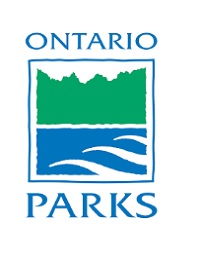
Ontario Parks
Ontario Parks is a branch of the Ontario Ministry of Natural Resources and Foresty, and is responsible for the managment, operations and adminstration of Ontario's Provincial Park system.Ontario Parks’ mandate is to protect significant natural and cultural resources in a system of parks and protected areas that is sustainable and provides opportunities for inspiration, enjoyment and education: now and for future generations.